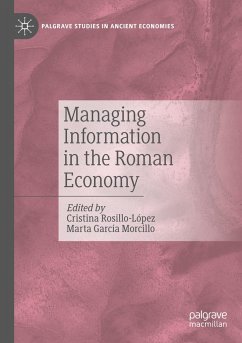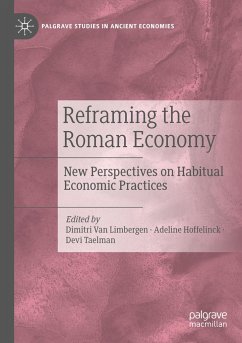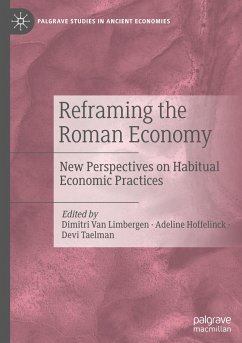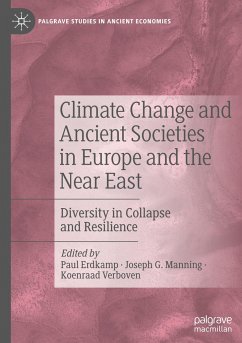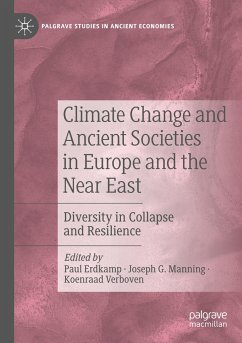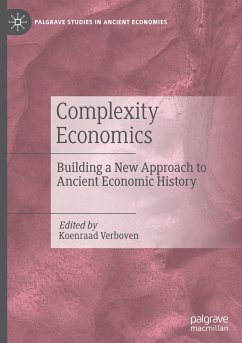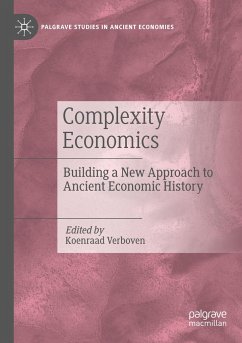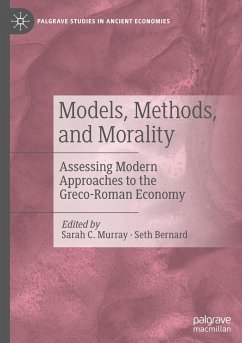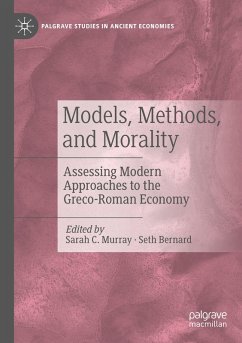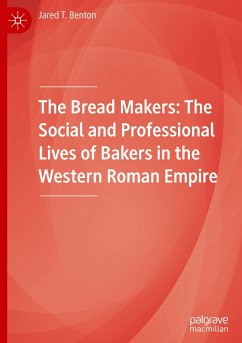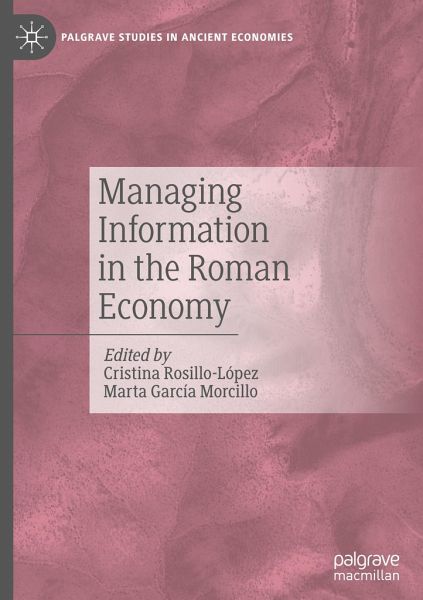
Managing Information in the Roman Economy

PAYBACK Punkte
57 °P sammeln!
This volume studies information as an economic resource in the Roman World. Information asymmetry is a distinguishing phenomenon of any human relationship. From an economic perspective, private or hidden information, opposed to publicly observable information, generates advantages and inequalities; at the same time, it is a source of profit, legal and illegal, and of transaction costs. The contributions that make up the present book aim to deepen our understanding of the economy of Ancient Rome by identifying and analysing formal and informal systems of knowledge and institutions that contribu...
This volume studies information as an economic resource in the Roman World. Information asymmetry is a distinguishing phenomenon of any human relationship. From an economic perspective, private or hidden information, opposed to publicly observable information, generates advantages and inequalities; at the same time, it is a source of profit, legal and illegal, and of transaction costs. The contributions that make up the present book aim to deepen our understanding of the economy of Ancient Rome by identifying and analysing formal and informal systems of knowledge and institutions that contributed to control, manage, restrict and enhance information. The chapters scrutinize the impact of information asymmetries on specific economic sectors, such as the labour market and the market of real estate, as well as the world of professional associations and trading networks. It further discusses structures and institutions that facilitated and regulated economic information in the public andthe private spheres, such as market places, auctions, financial mechanisms and instruments, state treasures and archives.
Managing Asymmetric Information in the Roman Economy invites the reader to evaluate economic activities within a larger collective mental, social, and political framework, and aims ultimately to test the applicability of tools and ideas from theoretical frameworks such as the Economics of Information to ancient and comparative historical research.
Managing Asymmetric Information in the Roman Economy invites the reader to evaluate economic activities within a larger collective mental, social, and political framework, and aims ultimately to test the applicability of tools and ideas from theoretical frameworks such as the Economics of Information to ancient and comparative historical research.



